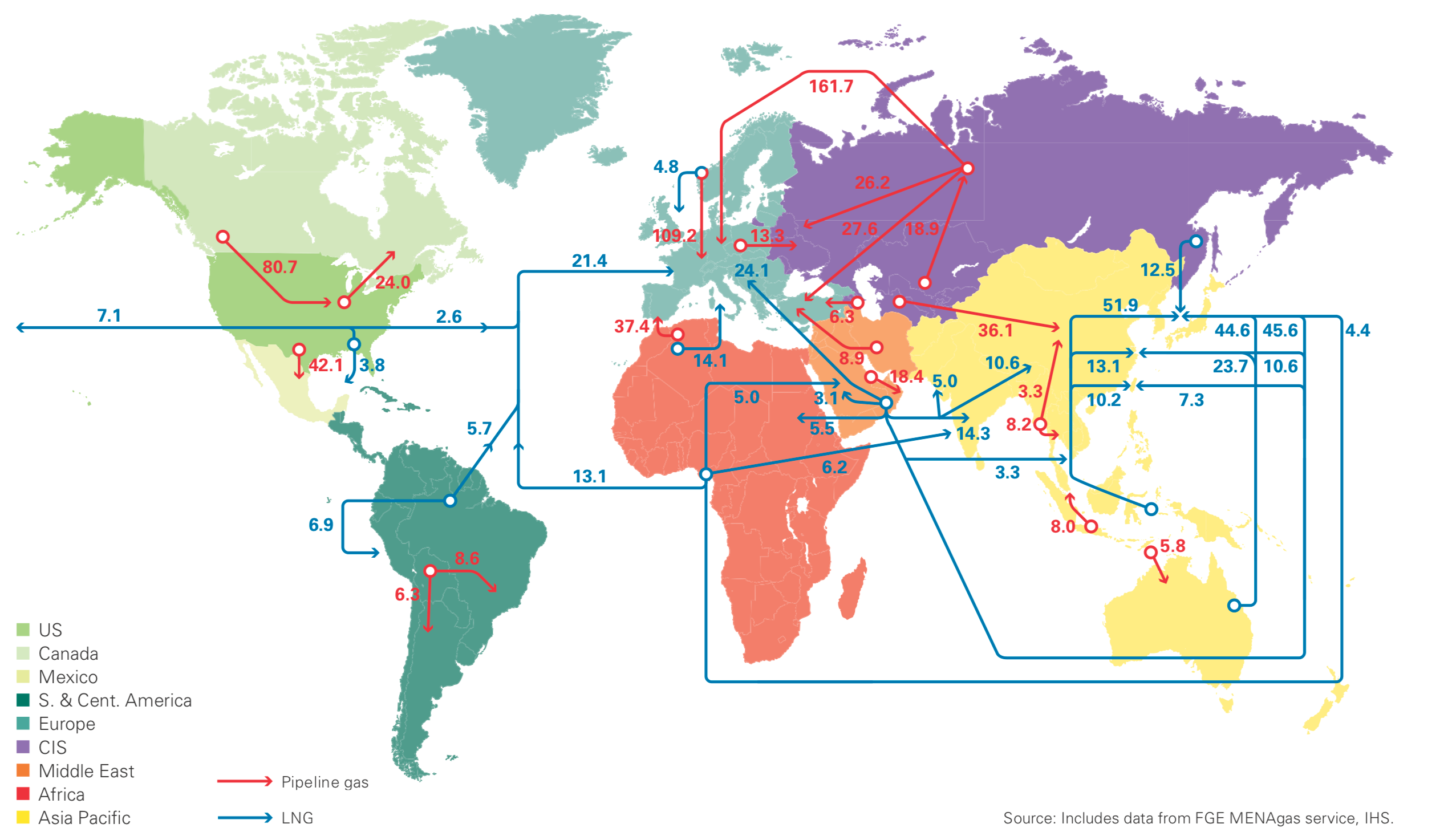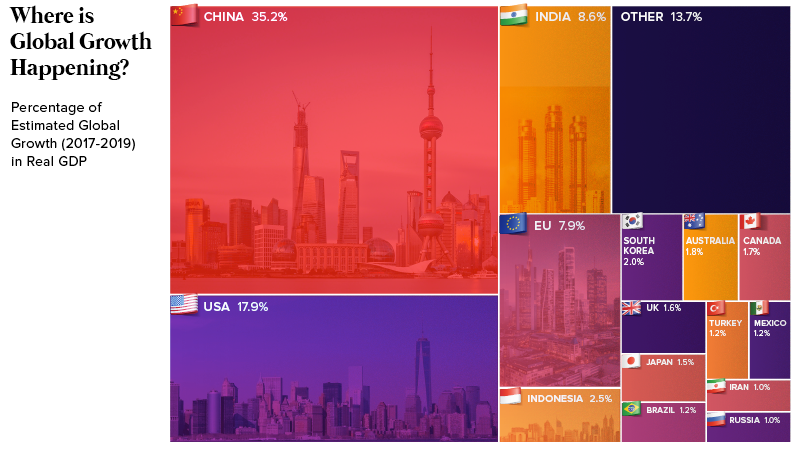With an election climaxing in not just an uncommon rhetorical shrillness but also actual violence, Americans now recognize that we are engaged in a cold war that is turning increasingly hot between “globalists” and “nationalists.” Or, at least, that is how those who call themselves nationalists, including President Donald Trump, would frame it.
It would be more accurate, however, to say that we have entered a new struggle between two kinds of globalism: One embraces international movements of people and goods, cross-cultural exchange, and governance institutions that straddle existing nation-state borders, breaking these states apart and refashioning them into a new global movement. The other ostensibly (and ostentatiously) rejects all of these economic, cultural and political challenges to the nation-state. What is crucial to understand is that these so-called “nationalists” are actually foreign in orientation, international in scope, and, in fact, breaking nation-states apart and refashioning them into a new global movement just as much as the “globalists” they despise.
To start with, the modern nation-state as it emerged in the 19th and 20th centuries is being undermined by technological changes altering the relationship between people, economic resources and geographical constraints. The so-called globalists consist of the vast numbers of people around the world who more or less welcome (and benefit from) the current evolution in economic opportunities and cultures. Hardly any of them, as they go about their lives within these larger global forces, think of themselves as favoring or opposing the nation-state.

Self-described nationalists, in contrast, perceive themselves on the receiving end of these changes (and therefore victims of a conscious plot) and long for a world of greater certainties, including national identities, which they see slipping away. When President Trump uses the term “nationalism,” he seems to want it to mean something akin to both “patriotism” and “nativism,” equating blood-and-soil identity with the only true love of country. Those who disagree, dissent, or are in any way perceived as foreign or “other” (racial minorities in particular) are then “enemies of the people” and “treasonous.” Despite these professions of true patriotism, however, since their perceived “enemies” now outnumber them in virtually all developed countries, the “nationalists” in fact often appear less attached to the real-world nations in which they actually live (and from which they feel alienated) than to the abstract concept of nationalism.
In particular, these American “nationalists” have adopted a historically-anomalous admiration for Russia’s Vladimir Putin and other leaders and regimes with interests averse to those of the United States. When I moderated an Election Day discussion in 2016, the Russian on the panel, purportedly “Putin’s favorite pollster,” asserted that Putin preferred Trump because he was “an American nationalist” – what one would have thought, previously, to be the germ of potential conflict. Today’s “nationalists,” in short, actually have a far better-developed sense of global solidarity with those who see the world similarly than do the “globalists” they suppose are in league against them.
In fact, well before Trump’s victory in 2016, “nationalist” militias in the American interior had become well aware that their aims and worldview were strikingly similar to those of certain jihadists in the Middle East, and US intelligence services had begun monitoring the linkages between these groups. Now, Steve Bannon, the ideological architect of Trumpism, is openly promoting a global movement of anti-globalists – apparently, without irony.
The global nature of the anti-globalist movement should not be surprising. As terrorism expert Phillip Bobbitt has written in his 2009 book , “Terror and Consent: The Wars for the Twenty-First Century” opponents of the dominant form of state organization at any given time come to mirror it: As states formed into modern nations, terrorist movements became national liberation movements; as the modern state has become more focused on economic opportunities for its adherents, so too have terrorist organizations. Think of this simply as an example of Hegelian thesis and antithesis, in which the underlying reality of the times – today, the technologies facilitating global economic, political and cultural integration – essentially structure the emergent regimes respectively embracing and rejecting these changes. Both the proponents and opponents of any emergent political order nowadays thus almost necessarily mirror each other in their globalism.
As a result, today’s anti-globalists and self-styled nationalists are actually just as much a part of contemporary globalism, and the assault on nation-states, as the globalists they oppose. Let’s start with the leading proponents of the “hard” nation-state position today: Putin’s Russia and Xi Jinping’s China. The Great Recession strained the ability of most countries to devise and implement their own policy prescriptions to fight a global tide of economic collapse and the flood of refugees it unleashed, engendering growing skepticism of supranational engagement and growing support for the “nationalist” cause (and its authoritarian tendencies) – but this ideology was egged on globally by the efforts of both Russia and China.
While both countries have for years defended the traditional nation-state’s prerogatives to act as it chooses within its borders without the pesky interference of international human rights concerns, Russia and China are in fact the most active flouters of the good-fences-make-good-neighbors doctrine they profess to defend. They are, for example, in the vanguard of a new military doctrine that makes war between states a permanent phenomenon by attacking their opponents through virtual rather than “kinetic” (what most of us would call “physical”) manifestations of nationhood. When it comes to attacking our economy, military assets, national infrastructure, and almost all forms of information and communication – indeed, of truth itself – the leading “nationalist” states hardly stop themselves at their borders.
In fact, they do not stop at their borders in the physical world, either. China is busy building new Chinese “territory” in the South China Sea and other ocean regions it plans to control – projecting its “borders” further from its mainland in order to alter the physical balance in any future war with the US. Russia, for its part, not only displayed its disdain for existing international borders by usurping Crimea, it actually surreptitiously moved the physical border fences separating Russian from Crimean territory. So much for good fences. And, of course, as recent news makes clear, fealty to national sovereignty is an impediment neither to the Chinese in their attempts to harass dissidents in other countries, nor to the Russians – and other such states as Saudi Arabia – in murdering them.

In short, it is not at all clear that this neo-nationalism is really as committed to the principle of national sovereignty as it claims. Despite ample evidence of foreign interference in US internal democracy – whether electoral involvement in 2016 or the widespread influence peddling and corruption personified by Paul Manafort – the supposed nationalists are nonplussed. In fact, as the evidence (and indictments) of Russian involvement in the elections has accumulated, Trump’s supporters have grown more assertive that it would be better to have a foreign power dictate our election results than to have allowed Hillary Clinton to win the White House. National sovereignty, in short, obviously is not their real concern, either.
In fact, it is increasingly clear that for self-styled “nationalists” the real “enemy” is not the rising nationalists in adversarial countries, as traditionally, but rather those who represent competing views, lifestyles and economic realities within their own. The 2017 tax bill was as much about punishing the economies and values of the Blue States as it was transferring income from most Americans to the wealthy – a reflection of the existential threat that these economies and values appear to pose to those of the Red States. We are likely to see a similar thrust from the newly Trump-reshaped Supreme Court, declaring attempts by liberal states to enact economic and social legislation more to their liking unconstitutional under now-national standards of conservatism (as under the previous conservative Court a century ago). In short, the Trumpian movement can be said to be “nationalist” mainly in its aim to impose its preferred economic and social values nationally.
This is, of course – like just about everything that constitutes the current nationalist movement – the precise opposite of the conservative perspective until, essentially, the election of Barack Obama. And in that, today’s self-declared “nationalists” have really become, like the pigs in George Orwell’s “Animal Farm” (and as Bobbitt would predict), simply the reflection of those they claim to oppose.
In sum, the supposedly-nationalist and anti-globalist movement is in fact global in scope and and transnational in organization. The foreign regimes that serve as its models and allies are the most violative of any today of the sovereignty and internal integrity of others. Their national cheerleaders, however, welcome these international models not only to guide but also, if necessary, to override US institutions in constructing a similar “nationalism”. Not surprisingly, then, the cultural, economic and political war on globalists that nationalists are waging across the globe is helping to drive nations apart and re-aggregate subnational units into new transnational alliances.
In short, to paraphrase Richard Nixon, in this slowly escalating global conflict, we are all globalists now. Even the anti-globalists.
